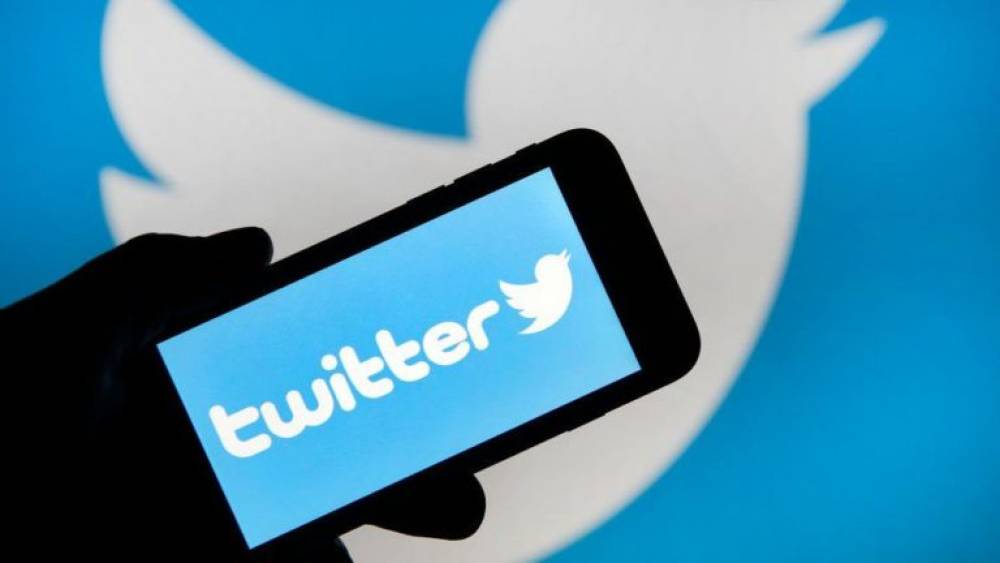
Twitter Ban In Nigeria - Is It Even Legal
Twitter Ban in Nigeria: Is it even legal?
Nigeria's Minister of Information, Lai Mohammed, announced on Friday, June 4th, that the country's federal government would suspend Twitter's operations in the country. This came after Twitter deleted a tweet from the country's president in which he threatened citizens with "civil war-style" violence.
Following this announcement, Nigerian Twitter users discovered that they could only access the site via a VPN (Virtual Private Network), which allows users to access blocked websites by masking their true location.
The termination of access occurred officially after the Nigerian Communications Commission (NCC) directed all telcos and Internet Service Providers (ISPs) to restrict their users' access to the social media platform.
While debates continue over how the ban will affect Nigeria's digital economy and what it means for the country's freedom of speech, one issue that has not been addressed is the legality of this action by the Nigerian government's executive arm.
In a democracy, various branches of government coexist and keep one another in check.
While one arm creates laws, the other enforces them; however, it is uncommon for one arm to enforce a law that was not created by the other. This is currently the case in Nigeria, as the directive prohibiting the use of Twitter is not backed by any legislation passed by the country's legislature.
Malechi Okafor, a lawyer and managing partner at M & O Legal Services, stated in response to the Twitter ban, "It is unprecedented because we never imagined we would reach a point where a democratically elected leader would attempt to silence the voice of the people."
While President Buhari is currently a democratic leader, the retired army general and former military head of state is no stranger to media repression, as his 1980s regime was characterized by media repression.
President Buhari's 1984 media crackdowns have taken on a new form, as Attorney General of the Federation Abubakar Malami issued a directive on the 5th of June ordering citizens still using Twitter to face prosecution.
With this, two issues become apparent: was blocking Twitter legal, and should individuals be prosecuted for tweeting while using VPNs.
The Almighty NCC
In our conversation, Imade Iyamu, a corporate lawyer at Banwo and Ighodalo, shed some light on the Nigerian Communications Commission's actual authority over telcos and ISPS.
“Just as the CBN wields considerable authority over banks, the NCC has the authority to issue directives,” she explained.
However, the mere fact that a directive is issued does not automatically make it legal. This is why the courts exist: to enable citizens or other interested parties to challenge the government's directives or actions.
So in order to overturn the decision, we must then proceed to the courts?
Not quite. In Nigeria, the courts have been closed for weeks due to a strike by court workers organized under the umbrella of the Judiciary Staff Union of Nigeria (JUSUN). On Wednesday, it was reported that the strikes had been suspended and that the courts would reopen on Monday, June 14th.
JUSUN has very specific requirements. In 2020, President Buhari signed an executive order requiring state governors to adhere to a 1999 constitution provision that grants the judiciary financial autonomy and access to a federal fund. Governors have disregarded this.
“The National Assembly manages its own budget. The judiciary, too, should have one to pay themselves and manage their affairs – in order to be truly autonomous,” Okafor tells me during our conversation.
At the moment, the people's recourse would be a truly independent judiciary, but this is not currently possible.
Without the courts, the NCC's directive is unchallengeable, and while this is a problem in and of itself, the greater issue is the directive issued by the country's attorney general and minister of justice.
Then there’s Malami
“You cannot declare that people should face prosecution without a written law,” Iyamu stated during our call, echoing a sentiment expressed by several lawyers both offline and on Twitter.
The attorney general's directive is unconstitutional. That much is obvious.
One of the tenets of a democratic society such as ours is that laws are debated and passed by a body of elected officials known as the legislature. The executive branch can then enforce these laws, while the judiciary interprets them. The attorney general falls into the former category, but he has no law to enforce in this regard. He has created only one.
The country's House of Representatives invited the Minister of Information, Lai Mohammed, to testify about the Twitter ban two days ago.
The legislature has made no official statement in response to Malami's declaration that Twitter use will result in prosecution. While VPNs provide a temporary reprieve from the NCC's irrational directive, Malami's pursuit of prosecution may be detrimental to citizens who continue to use Twitter in accordance with their right to free speech.
Is the current Twitter ban, which includes the threat of prosecution, therefore illegal? Indeed, it is. However, until Monday's courts open and the public has a chance to exercise their rights, I suppose we'll have to wait.
Courses and Certification
Social Media Marketing Course and Certificate
Twitter Marketing Course and Certificate
Telecommunications Course and Certificate
Telecom Billing Course and Certificate
Telecoms Switching Systems and Networks (TSSN) Course and Certificate

